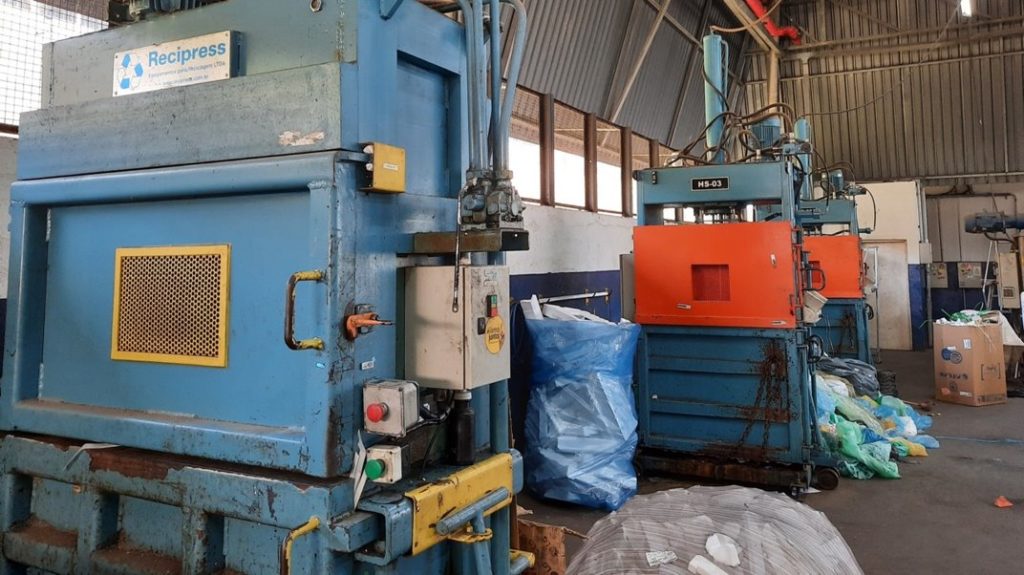The Inclusive Waste Recycling Program (iWrc) program continued its successful work with waste picking cooperatives in Brazil and expanded into Colombia and Vietnam earlier this year. iWrc Brasil has successfully conducted 25 Social Fingerprint assessments of recycling cooperatives. Social Fingerprint measures and maps a path to improve on social performance—including the maturity of a collective’s procedural systems and a collective’s preparedness to manage a socially responsible workplace. These Social Fingerprint assessments will gradually empower worker-led recycling cooperatives to continually improve their labor performance.
The program has also begun a virtual training program via WhatsApp, bringing important information directly to workers’ phones for easy, mobile access. These micro-trainings, which have been delivered at 19 co-ops so far with more being on-boarded this month, are composed of a series of short videos on topics such as: conducting risk assessments, machine safety, effective use of PPE, and COVID-19 health and safety. The brief training videos are sent to cooperative members twice per week, supplemented by a weekly quiz to assess their comprehension and knowledge of the topics. As an incentive to complete the trainings, cooperative members are awarded points for each correct quiz response, and two co-op members per month win food baskets with practical items for their families.

iWrc, an initiative founded by Mike Maggio, was selected by the Ocean Conservancy and the Trash Free Seas Alliance to lead pilot projects in Vietnam and Colombia as part of its latest initiative, ASPPIRe (Advancing Solutions to Plastic Pollution through Inclusive Recycling). It is not uncommon for waste pickers to have no formal identification, and to lack access to health services, and education; their income levels are often unstable and working conditions can be unsafe. And yet, waste pickers are providing a vital service and should be recognized for their critical contributions to waste management, and recycling in particular. The ASPPIRe pilots address this issue through the following three action areas:
- Working with local support organizations to provide training, skills development, and other capacity building to waste pickers and waste cooperatives
- Expanding processing capacity of low-value plastics
- Stabilizing end-markets for low-value plastics
iWrc is coordinating with two in-country partners—CEMPRE (Business Commitment to Recycling) in Colombia, and Center for Environment and Community Research (CECR) in Vietnam. Both in-country partners are women-led organizations that have been working with informal sector waste collectors for years in their regions and have the trust of local informal sector cooperatives. To date, SAI has led virtual training for the CEMPRE team in Colombia on conducting Social Fingerprint assessments at recycling cooperatives, and has now conducted five assessments of waste picking cooperatives in Cartagena and Buenaventura. Onsite training based on the initial findings will begin next month.
While facing some delays due to COVID, the program in Vietnam has launched as well. Unlike in Brasil and Colombia, there are no formal, worker-led recycling cooperatives in Hanoi. To address this, SAI has conducted training for CECR and began working with the local team to adapt Social Fingerprint guidance for individual waste-pickers. So far, CECR has conducted on-the-ground research and will soon begin training waste-pickers on key topics such as health and safety, wage negotiations, financial skills, and access to social services.
For any questions about the iWrc program, contact cdaly@sa-intl.org.
